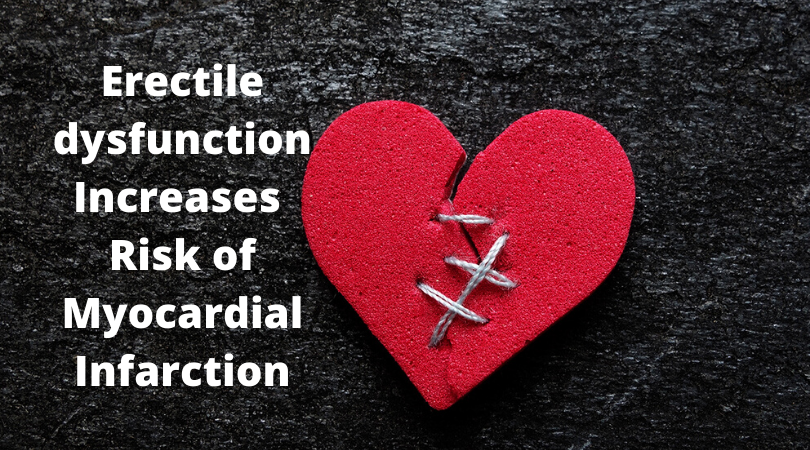According to medical specialists, the first signs of violation of potency are required to alert any man regardless of age. Failures in the intimate sphere can serve as harbingers of much more serious, life-threatening diseases.
A Step Away from Myocardial Infarction
Mortality Statistics
Over the past few decades, cardiovascular diseases remain the absolute leader in global mortality structure.
At the annual congress of endocrinologists in Europe, held in the last week of April in Prague, a report on the results of a study of a group of Italian scientists from the University of Florence was presented. Canadian Health and Care Mall specialists under the guidance of Professor Giovanni Corona found a direct link between obesity and potency disorders (erectile dysfunction). The Italians also proved that impotence can cause the appearance of cardiovascular diseases. Risk of heart attack and blood stroke increases when, on the background of lower sexual capabilities, a patient has decreased level of male sex hormone – testosterone.
Erectile Dysfunction
Annually about 5 million of men aged from 19 to 69 develop impotence.
Florentine scientists studied hormone levels in 1687 men, observed by doctors because of problems with erection. For 52 months of observation, 137 patients from the test group suffered a myocardial infarction at least once, of which 15 died. The absolute majority of patients with cardiac problems and almost all of those who died had a lower level of testosterone.
Professor Giovanni Corona says: «The result of our work should be the introduction of testosterone screening among men with impotence. Checking hormones in men in advance, we will be able to save more than one hundred lives.»
Hormone of Strength
The main male sex hormone, testosterone, affects a variety of areas of human health. Normally, it remains at quite a high level from 15 to 30 years. After 30 years, testosterone levels drop with a dynamics of about 2% per year. In those cases when there is a critical drop in testosterone, a man observes:
- decreased sexual desire;
- violation of erection;
- more frequent urination;
- facial flushes;
- frequent headaches;
- increased blood pressure;
- memory deterioration;
- irritability;
- decreased working capacity.
In this case, the body experiences other changes:
- muscle strength decreases;
- fat mass increases;
- bone tissue density becomes smaller;
- skin becomes thin;
- the body grows older.
